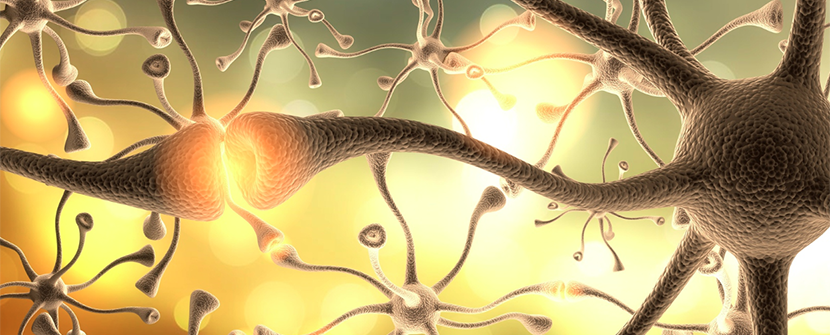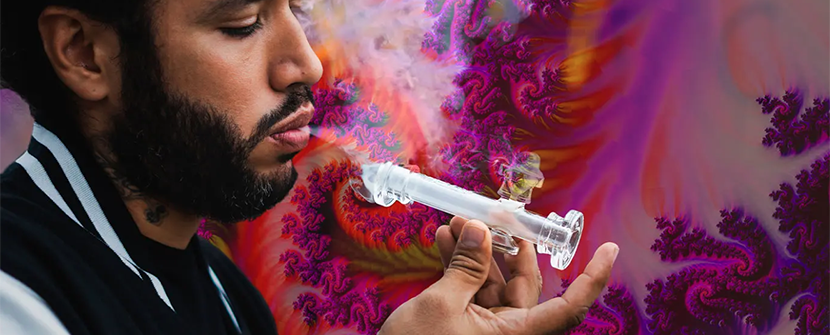DMT, or dimethyltryptamine, is a powerful hallucinogenic compound that is found naturally in certain plants and animals. When consumed, DMT produces intense visual and auditory hallucinations and has been associated with profound mystical and spiritual experiences. However, research has also suggested that DMT has significant effects on the brain's neuroplasticity, or its ability to reorganize itself in response to changes in the environment or new experiences.
How its consumed
DMT is typically consumed either through inhalation or injection. When inhaled, it is usually smoked in a pipe or vaporized and inhaled through a special device. When injected, it is typically administered intravenously. The effects of DMT typically last for about 30 minutes to an hour, although the experience can feel much longer due to the intensity of the hallucinations.
How it effects neuroplasticity
Research has suggested that DMT can have remarkable effects on the brain's neuroplasticity. For example, a study published in the journal Psychopharmacology found that DMT can increase the formation of new neurons in the hippocampus, a brain region that is critical for learning and memory. The researchers also observed changes in the expression of genes related to neuroplasticity, suggesting that DMT may enhance the brain's ability to adapt and respond to new experiences.
Default mode network
Another study, published in Frontiers in Psychiatry, investigated the effects of DMT on the default mode network (DMN) in the brain. The DMN is a network of brain regions that are active when we are not engaged in a task or focused on the external world. The researchers found that DMT reduced the activity of the DMN, suggesting that it may disrupt habitual patterns of thought and behavior and promote new ways of thinking.
Learning and memory
A third study, published in the journal Psychopharmacology, found that DMT can increase the expression of a protein called brain-derived neurotrophic factor (BDNF) in the prefrontal cortex. BDNF is a key regulator of neuroplasticity and is critical for learning and memory. The researchers suggested that DMT may enhance neuroplasticity by increasing BDNF expression in the brain.
Depression and anxiety
The profound effects of DMT on neuroplasticity have led some researchers to suggest that it may have therapeutic potential for a range of neurological and psychiatric conditions. For example, a study published in the Journal of Psychopharmacology found that DMT can produce significant improvements in symptoms of depression and anxiety, although the precise mechanisms underlying these effects are not yet fully understood.
Considerations
It is important to note, however, that DMT is a powerful psychoactive substance that should only be used under the guidance of a trained healthcare professional. It can produce intense and potentially overwhelming experiences, and it is not recommended for individuals with a history of mental illness or other health conditions. Additionally, the legality of DMT varies by jurisdiction, and in many places it is illegal to possess, use, or distribute.
In conclusion, DMT is a powerful hallucinogenic compound that has been associated with profound mystical and spiritual experiences. However, research has also suggested that it has significant effects on the brain's neuroplasticity, with the potential to improve learning, memory, and overall brain function.
While further research is needed to fully understand the therapeutic potential of DMT, these findings suggest that it may be an important area of study for the treatment of neurological and psychiatric conditions.






